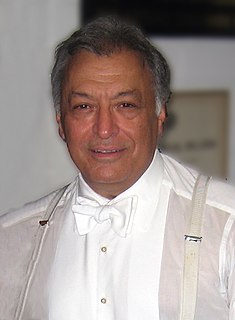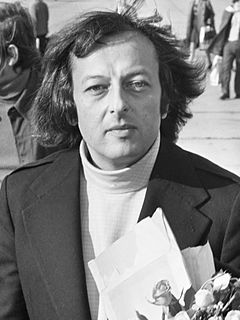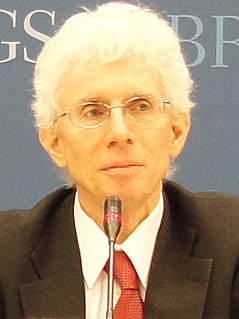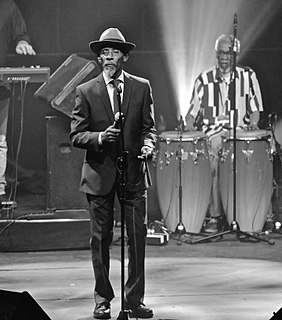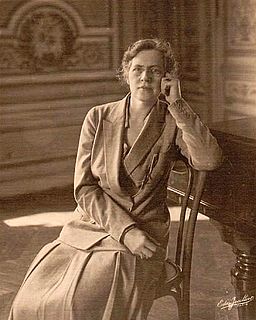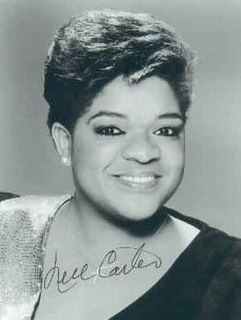A Quote by Zubin Mehta
In truth, I became a conductor because deep down I wanted to conduct Brahms's four symphonies and Richard Strauss's tone poems.
Related Quotes
I wrote two poems about the '81 uprisings: 'Di Great Insohreckshan' and 'Mekin Histri.' I wrote those two poems from the perspective of those who had taken part in the Brixton riots. The tone of the poem is celebratory because I wanted to capture the mood of exhilaration felt by black people at the time.
I wrote two poems about the 81 uprisings: Di Great Insohreckshan and Mekin Histri. I wrote those two poems from the perspective of those who had taken part in the Brixton riots. The tone of the poem is celebratory because I wanted to capture the mood of exhilaration felt by black people at the time.
By the end of Pop's life I wanted to give something back and when I came on board as his musical director he needed me. I wasn't the greatest conductor of the orchestra, but I was hired to conduct Frank Sinatra. He was slowing down, his memory wasn't what it had been. But his audience never stopped loving him. He had teleprompters.
...stories about [the German composer Johannes] Brahms's rudeness and wit amused me in particular. For instance, I loved the one about how a great wine connoisseur invited the composer to dinner. 'This is the Brahms of my cellar,' he said to his guests, producing a dust-covered bottle and pouring some into the master's glass. Brahms looked first at the color of the wine, then sniffed its bouquet, finally took a sip, and put the glass down without saying a word. 'Don't you like it?' asked the host. 'Hmm,' Brahms muttered. 'Better bring your Beethoven!'
